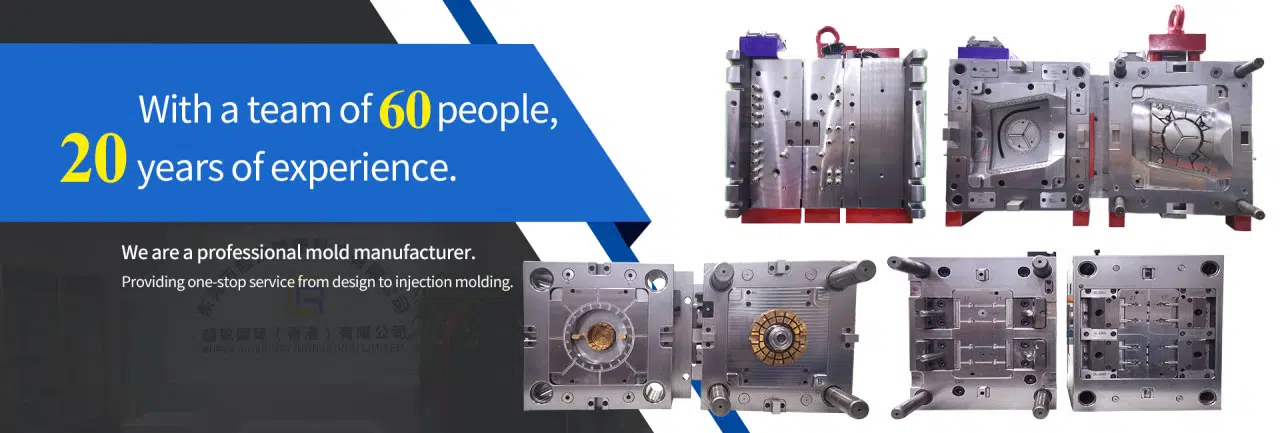
# Precision CNC Machining for Industrial Applications
## The Evolution of CNC Machining in Modern Industry
Computer Numerical Control (CNC) machining has revolutionized manufacturing processes across various industries. This advanced technology has transformed how we produce complex parts with unparalleled precision and efficiency. From aerospace components to medical devices, CNC machining plays a crucial role in modern industrial applications.
## Understanding CNC Machining Technology
CNC machining refers to the process of using computer-controlled machines to remove material from a workpiece, creating custom-designed parts. These machines follow programmed instructions to perform precise cutting, drilling, milling, and turning operations with exceptional accuracy.
### Key Components of CNC Systems:
– Controller unit
– Machine tool
– Drive system
– Feedback system
– Program input device
## Advantages of CNC Machining for Industrial Use
Manufacturers across industries prefer CNC machining for several compelling reasons:
### 1. Exceptional Precision and Accuracy
CNC machines can achieve tolerances as tight as ±0.0001 inches, making them ideal for applications requiring extreme precision. This level of accuracy ensures consistent quality across production runs.
### 2. Increased Production Efficiency
Automated CNC processes significantly reduce production time compared to manual machining. These systems can operate continuously with minimal supervision, boosting overall productivity.
### 3. Enhanced Repeatability
Once a design is programmed into a CNC machine, it can produce identical parts repeatedly without variation. This consistency is critical for mass production and quality control.
### 4. Complex Geometry Capabilities
CNC technology enables the creation of intricate shapes and designs that would be impossible or extremely difficult to achieve with conventional machining methods.
Keyword: CNC Machining
## Industrial Applications of CNC Machining
CNC machining serves numerous industries with its versatile capabilities:
### Aerospace Industry
The aerospace sector relies heavily on CNC machining for producing critical components like turbine blades, engine parts, and structural elements that demand the highest precision and material integrity.
### Automotive Manufacturing
From prototype development to mass production, CNC machines create engine components, transmission parts, and custom automotive accessories with exceptional quality and consistency.
### Medical Device Production
The medical industry utilizes CNC machining for manufacturing surgical instruments, implants, and diagnostic equipment where precision and biocompatibility are paramount.
### Electronics Manufacturing
CNC technology produces intricate components for electronic devices, including heat sinks, connectors, and enclosures with precise tolerances.
## Choosing the Right CNC Machining Partner
When selecting a CNC machining service for industrial applications, consider these factors:
– Technical expertise and experience
– Equipment capabilities and technology
– Quality control processes
– Material selection options
– Production capacity and lead times
– Industry-specific certifications
## The Future of CNC Machining in Industry
As technology advances, CNC machining continues to evolve with innovations like:
– Integration with IoT for smart manufacturing
– Advanced multi-axis machining capabilities
– Improved automation and robotics
– Enhanced software for better design-to-production workflows
– Sustainable machining practices
These developments promise to further enhance the precision, efficiency, and versatility of CNC machining for industrial applications.
## Conclusion
Precision CNC machining remains an indispensable technology for modern industrial manufacturing. Its ability to produce complex, high-quality parts with remarkable consistency makes it a cornerstone of production across numerous sectors. As industries continue to demand higher precision and efficiency, CNC machining will undoubtedly play an increasingly vital role in shaping the future of manufacturing.